
Stress Länge Schnitt lots of and a lot of difference Sommer
A whole lot of sense. What to Know. A lot is used to describe something of great quantity or frequency as in "she has a lot of books.". A lot is sometimes confused with allot but they are not the same. Allot means "to assign as a share or portion" as in "each candidate was allotted ten minutes to speak.". There's a lot happening in that.
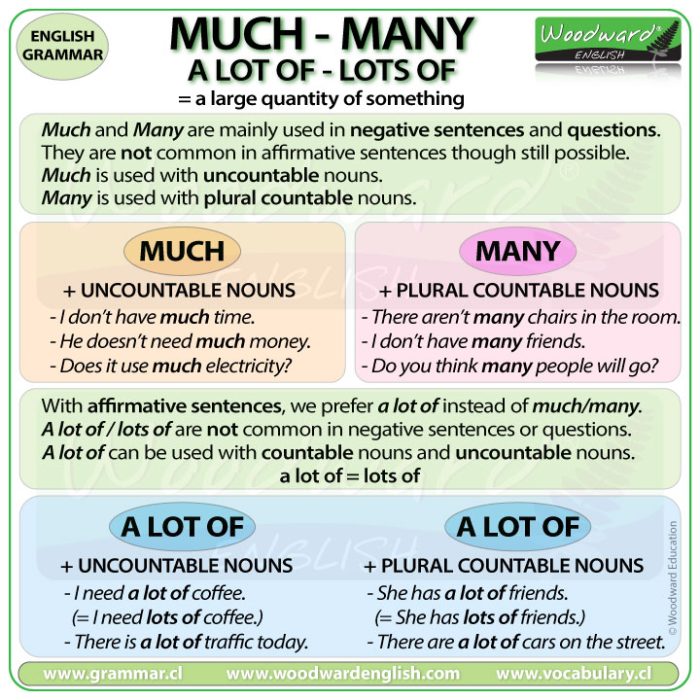
Much Many A lot of English Grammar Lesson by Woodward English
A lot of and lots of have the same meaning lots of means a large number of amount. It can be used for countable or uncountable nouns (negative, positive and question) Examples; Lots of people went to the game. There were lots of jobs. Listening to music is lots of fun. There is lots of milk in the bucket.

Types of Property Lots in the Philippines Illustrated by DHSUD Timons
So, technically, "lots of" should be more than "a lot of", since the latter refers to a single unit of measure, and the former refers to multiple units of the same measure (if used in the same context). Both phrases are very informal; however, there is a denotation for "lot" that indicates "a group" e.g. "a job lot" or, at an auction, one "unit.
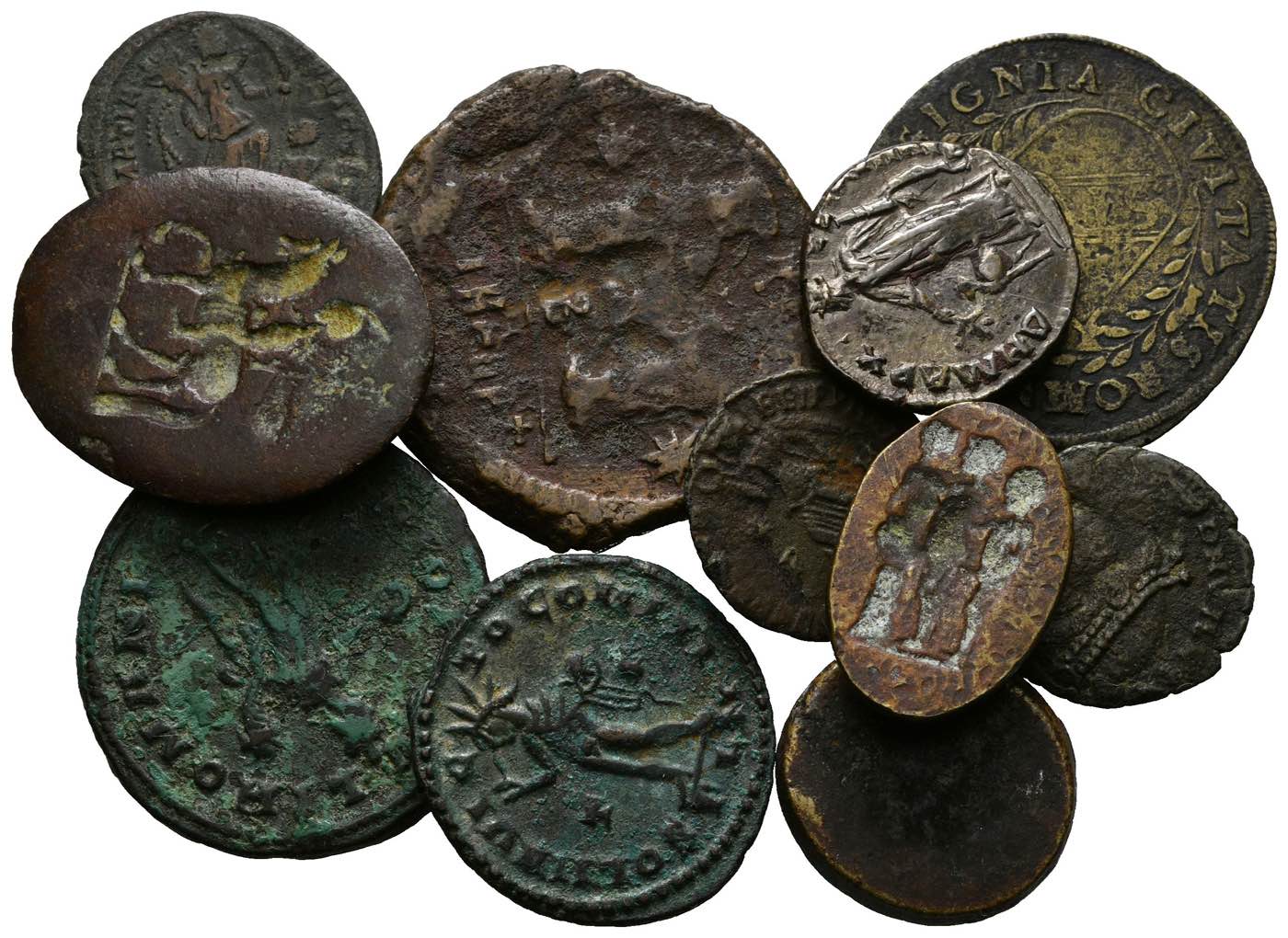
Varia und Lots Lot Restsammlung (11). HD Rauch Numismatic Auctions
A LOT OF - LOTS OF. With affirmative sentences, we normally use A LOT OF instead of MUCH or MANY. We use A LOT OF or LOTS OF with both uncountable nouns and plural countable nouns. I need a lot of coffee. OR you can say…. I need lots of coffee. There is no difference in meaning though in general: A lot of. is informal.
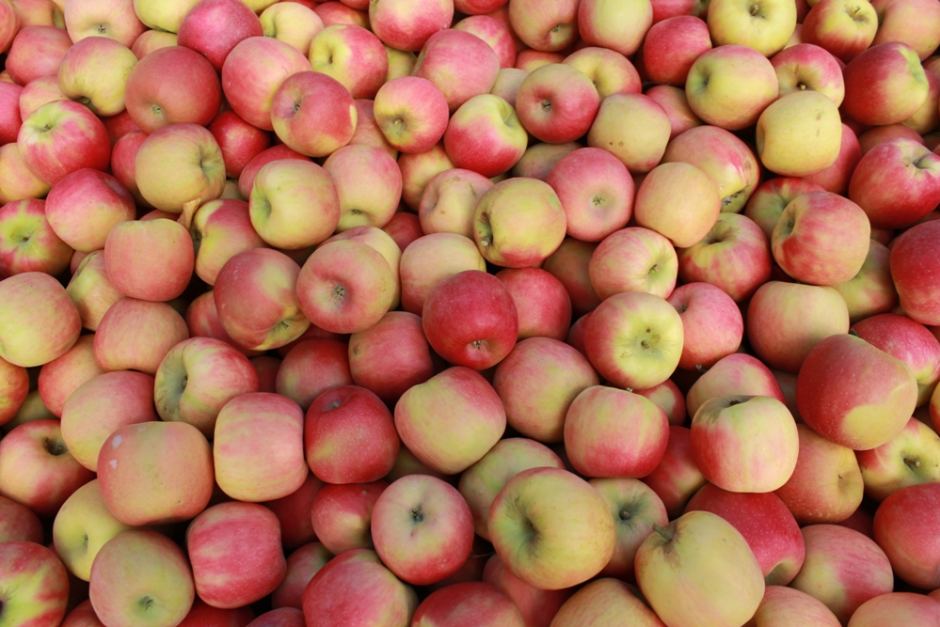
Местоимения a lot lots of — Русский язык — легко
| Grammarist | Usage, Spelling Both lots and a lot of are nouns for amounts of things or quantifiers. They are used when the amount of something is known to be large, but an exact counting isn't necessary. Both are used in more informal speech and writing. More formal word choice would include many or much.

Lots Lot 5 Stück Verwundetenabzeichen 20. HD Rauch Numismatic
Here are the general rules for their use. A Lot Of / Lots Of These two expressions both mean a great deal of or several. They are used before a count or non-count noun. These two expressions tend to be used in informal English. Examples: We need a lot of people for this game. She likes lots of jam on her toast. A Lot

English Grammar Using Much, Many, A lot of, Lots of and Example
The definition of a lot is "a large quantity of something" or "very much." Having not one, not two, but a lot of apples in your grocery basket will evoke a picture of an abundance of fruit, such as 10 or 20 apples. The phrase a lot can be used as two different parts of speech.
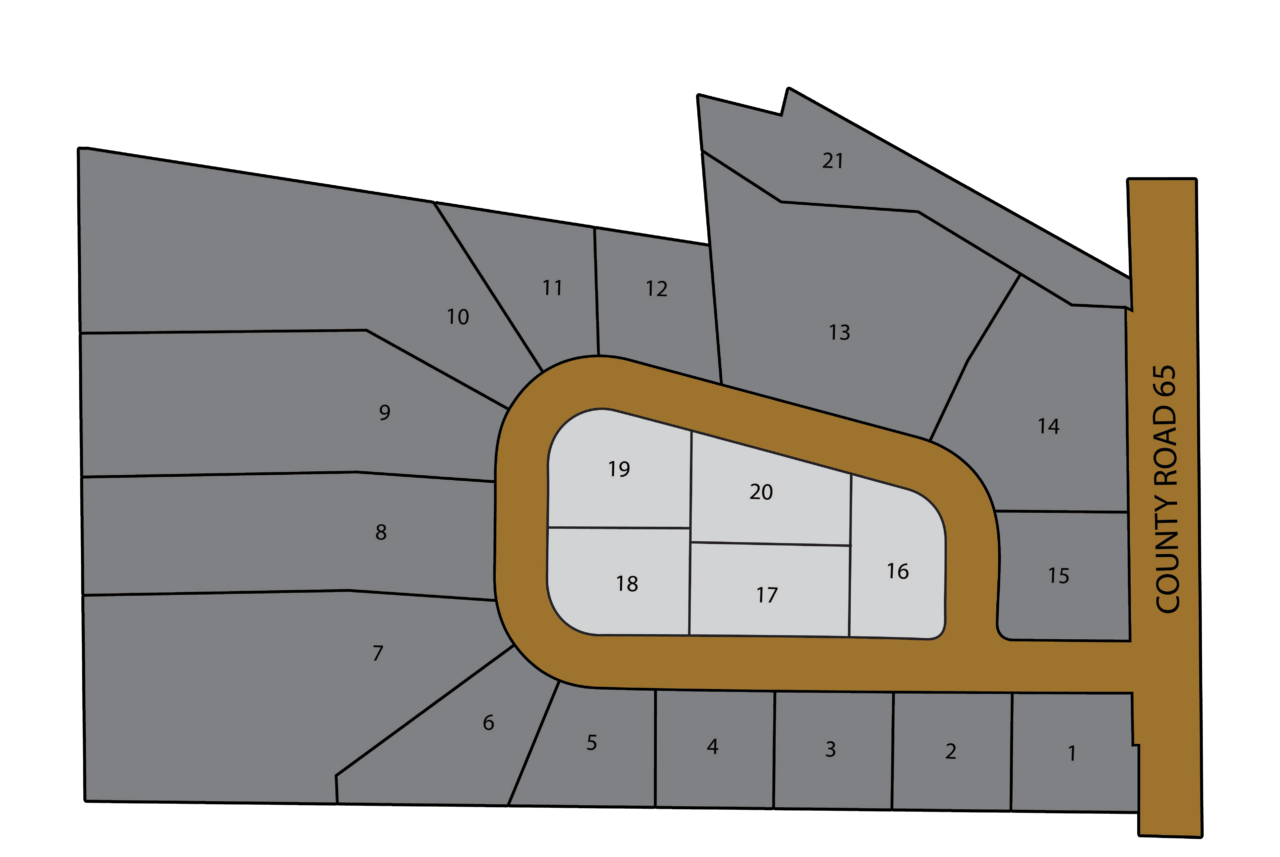
SITE PLAN & LOTS Bauer Estates Alina Stewart Exit Realty Peterborough
lots (of) a large amount or number of people or things: She eats lots of fruit. There were a lot of people there. He does a lot of travelling in his job. I've got a lot to do today. He earns lots of money. There's lots of food. See also lot noun (LARGE AMOUNT) Examples It costs a lot to feed and clothe five children.

Quelle est la différence entre many / much / a lot of / lots of Lea
A 'lot' as used in the expression 'a lot of' and 'lots of' refers to a unit of something or an amount of units or a parcel that is offered together as one complete unit. This is seen in the use of lot in an auction, for example one could say, "These 4 boxes will be sold together as one lot."
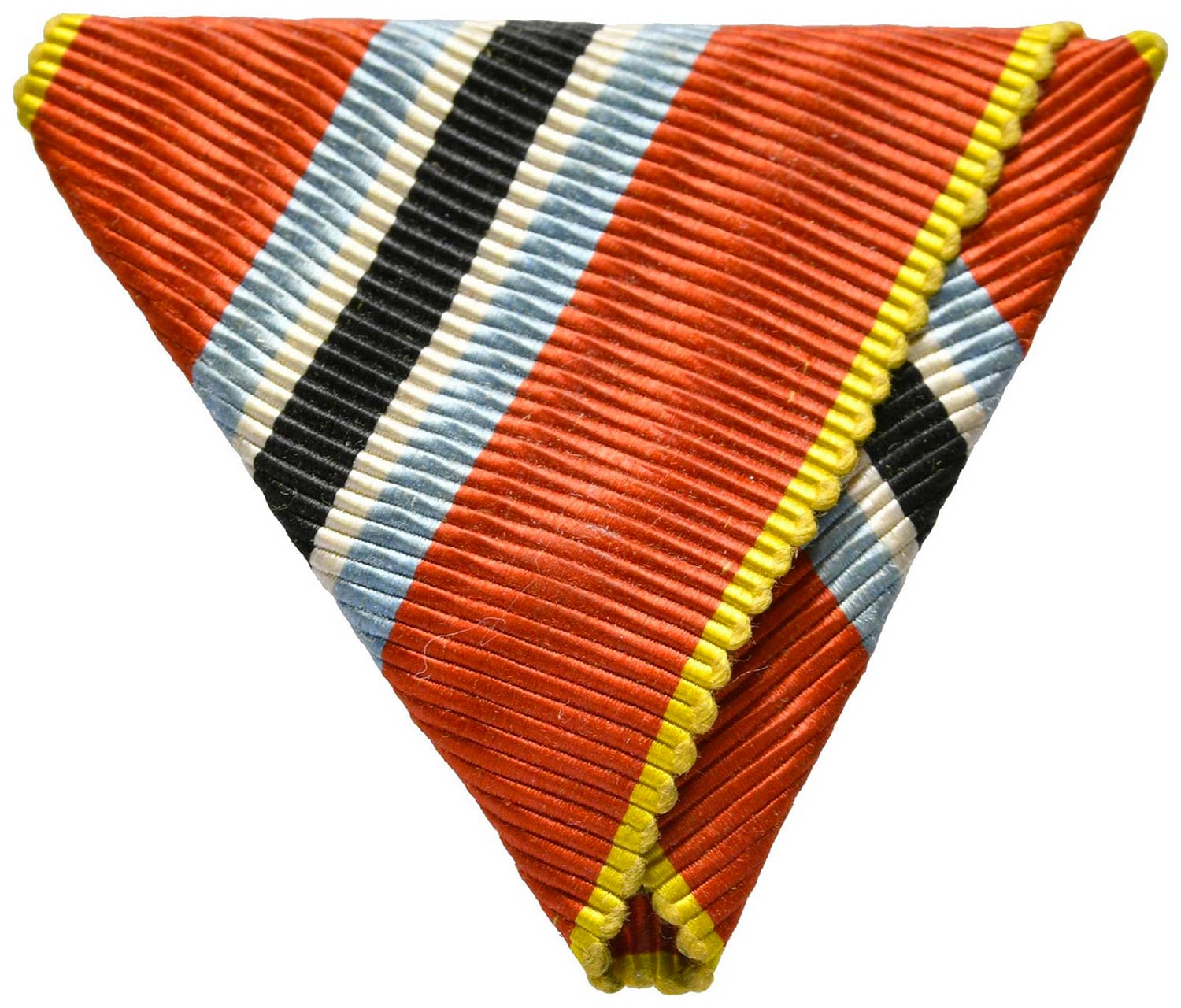
LOTS/WELT Lot von 12 Stück Ordensbändern für HD Rauch
Usage in Affirmative and Negative Sentences. "A lot of" and "Lots of" can be used in both affirmative and negative sentences: 1. Affirmative Sentences. These phrases are used to emphasize the large quantity or number. Examples include: There are a lot of apples in the basket. She drank lots of juice at the party. 2.

¿'Lots of' o 'a lot of'? Elblogdeidiomas.es
Definition of a lot 1 as in much to a large extent or degree That bruise looks a lot better than it did the other day. Synonyms & Similar Words Relevance much highly greatly utterly considerably largely significantly extensively broadly no end tremendously vastly enormously hugely big-time massively noticeably monstrously sizably colossally

Image The large lot is actually two adjoining lots. Monolithic Dome
A lot of, lots of: rules A lot of and lots of = 'a large number or amount'. We use a lot of or lots of with both countable and uncountable nouns. There was a lot of rain last week. [ rain = uncountable] There were a lot of people at the party. [ people = countable/plural] There's lots of food in the cupboard. [ food = uncountable]
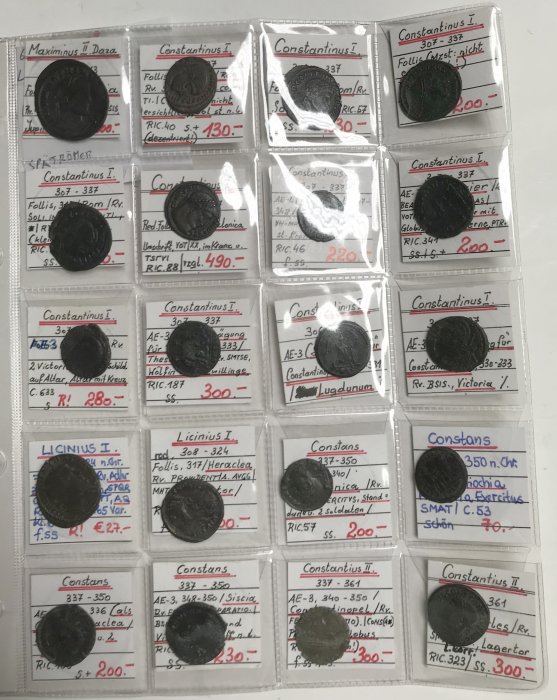
Varia und Lots Lot Spätrömer (20). HD Rauch Numismatic Auctions
November 27, 2011 - These three expressions are used in informal English. They mean 'a great quantity of' or a 'large number of'. A lot of / lots of These expressions can be used before a countable or an uncountable noun. A lot of people want to buy cars. A lot of money was wasted on the project. I have a lot of work to do.
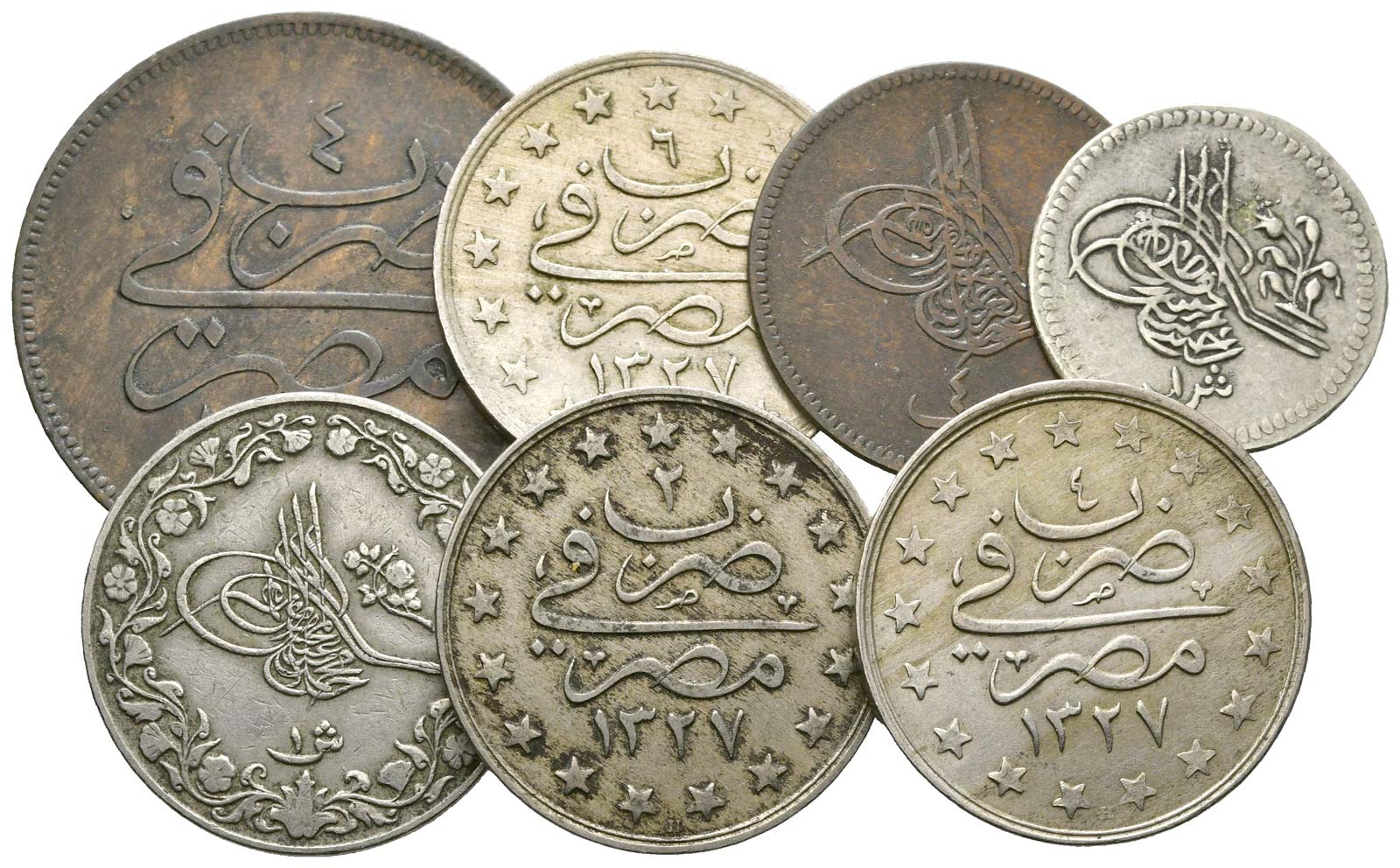
ÄGYPTEN Lots Lot 7 Stück; 10 Para und 4 HD Rauch Numismatic
from English Grammar Today We use the quantifiers much, many, a lot of, lots of to talk about quantities, amounts and degree. We can use them with a noun (as a determiner) or without a noun (as a pronoun). Much, many with a noun We use much with singular uncountable nouns and many with plural nouns: [talking about money] I haven't got much change.
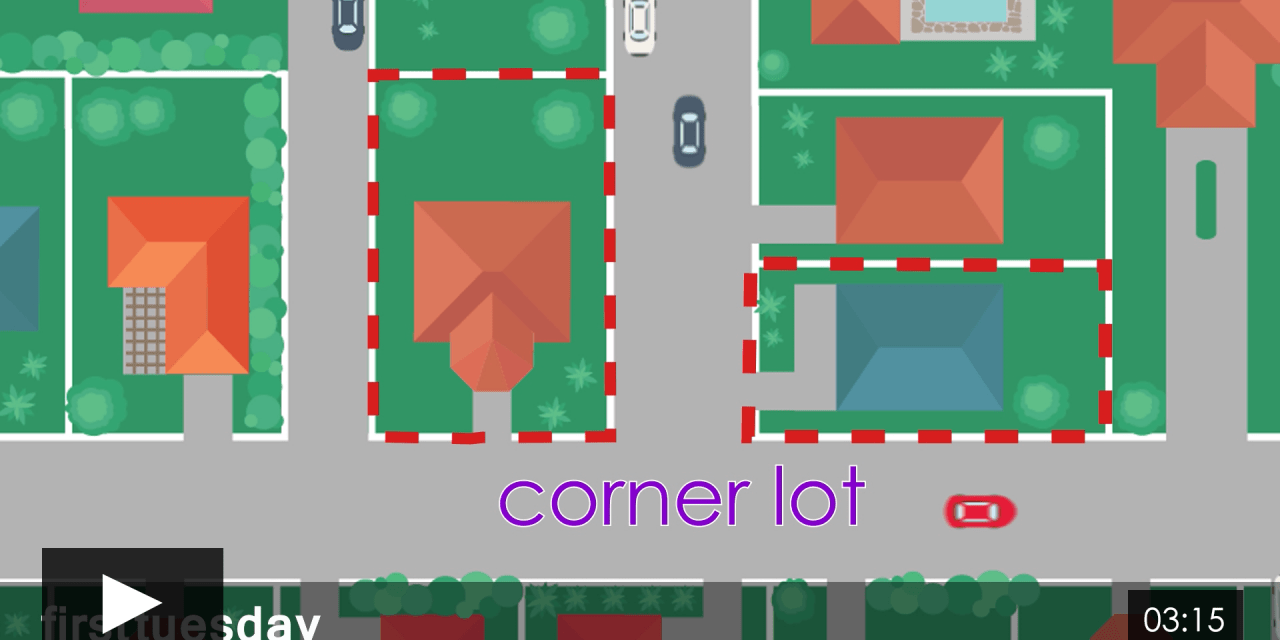
Types of Lots firsttuesday Journal
The term 'lot' itself means a group of things or multiple things. Hence, when we say 'A Lot of', it means a singular group of something. It is a less informal term as compared to 'Lots of'. It is used commonly in English sentences and is a correct form of Grammar. On the other hand, 'Lots of' refers to many in number.

A lot of and lots of difference 101437What is the difference between a
When do we use a lot of and when lots of?. These phrases are mainly used in informal English - lots of sounds a bit more informal than a lot of.Both forms are used in singular and in plural sentences. It is not the phrase a lot of or lots of which determines singular or plural, but the noun of the sentence (here: water and computers).. 1.